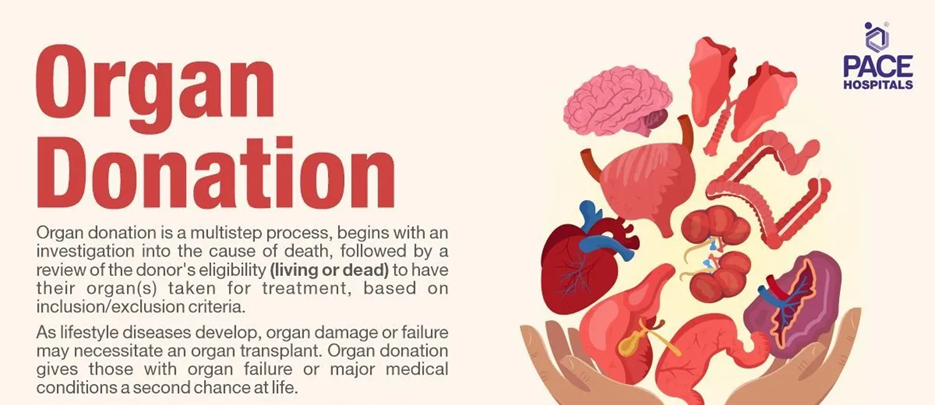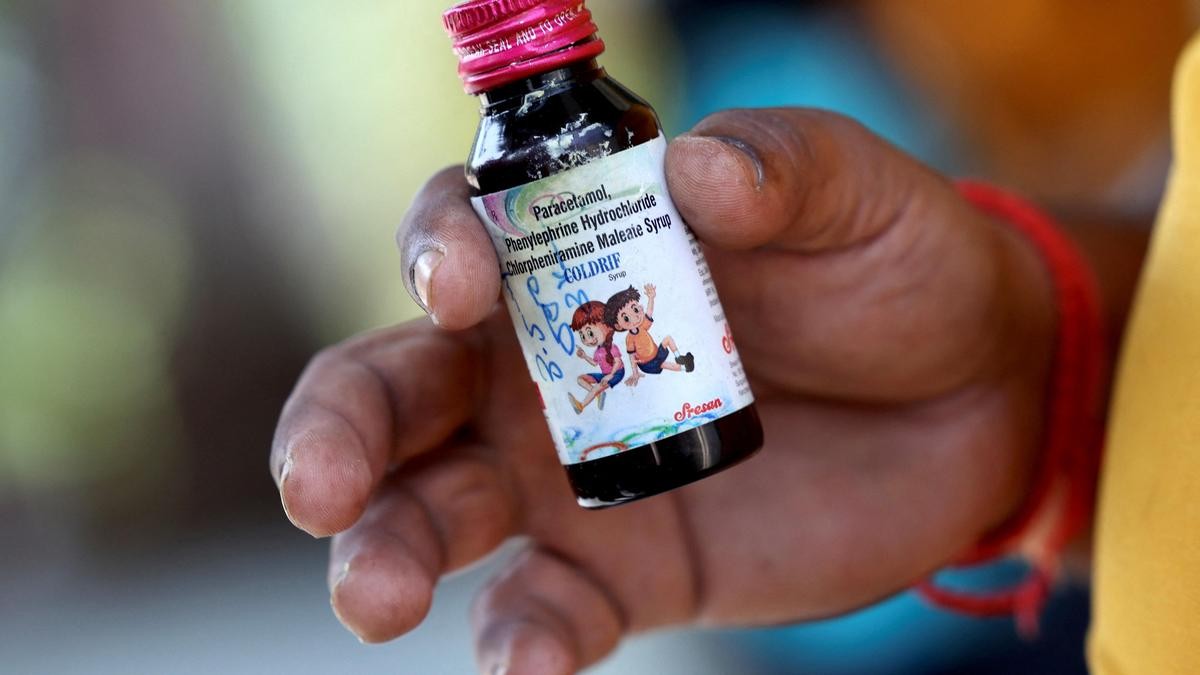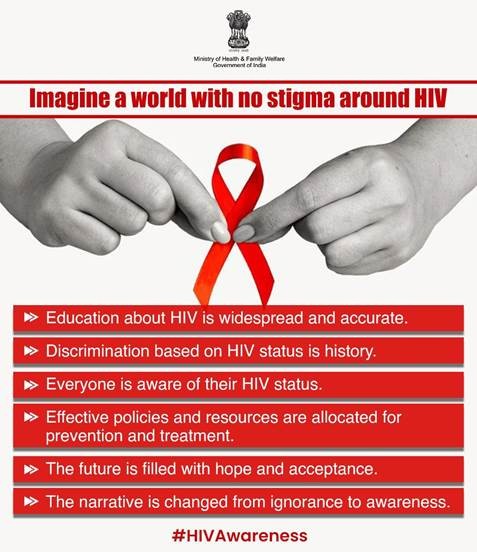Description

Copyright infringement not intended
Picture Courtesy: www.pacehospital.com
Context: The data from 1995 to 2021 in India reveals a significant gender disparity in organ transplantation, where for every woman receiving an organ transplant, four men undergo the procedure. The study, published in the Experimental and Clinical Transplantation Journal, indicates that 80% of living organ donors are women, primarily wives or mothers, while 80% of the recipients are men.
Details
- The study suggests that socio-economic pressures on women to fulfil caregiving roles within families contribute to the high number of women donors. In many cases, wives, mothers, and even fathers donate organs. The reluctance of men, who are often the primary breadwinners, to undergo surgery is also mentioned as a factor.
- Typically, wives, mothers, and fathers are more willing donors. The responsibility of donating organs often falls on the family members of male recipients, as women who receive organs may feel guilty about family members donating their organs.
- The study underscores the need to address societal norms and pressures that contribute to gender disparities in organ donation and transplantation. It sheds light on the significant role women play as living donors and the challenges faced by men in assuming this role due to societal expectations and economic considerations.
Organ Transplantation in India
- Organ transplantation is a medical procedure that involves replacing a damaged or diseased organ with a healthy one from a donor. It can save lives and improve the quality of life of people suffering from organ failure.
- According to the World Health Organization (WHO), India performed the second-largest number of transplants in the world in 2019 (after the United States), however, India also has a huge gap between the demand and supply of organs, as there are an estimated 500,000 people who need an organ transplant every year, but only about 0.65 per million population (pmp) donate their organs after death.
Types of Organ Donation
- India has a comprehensive system that allows both living and deceased organ donations.
- Living donors, typically immediate blood relatives, can donate a kidney, a portion of the pancreas, or a segment of the liver.
- Deceased donors can contribute to six life-saving organs, including kidneys, liver, heart, lungs, pancreas, and intestine. Additionally, uterus transplants are performed, although the uterus is not considered a life-saving organ.

Regulation and Legislation
- The legal framework for organ transplantation in India is provided by the Transplantation of Human Organs and Tissues Act (THOTA), enacted in 1994 and amended in 2011.
- This legislation regulates various aspects of organ donation and transplantation, recognizing brain death as a form of death and requiring family consent for organ donation after brain death.
- The National Organ and Tissue Transplant Organization (NOTTO) serves as the apex body overseeing organ-related activities in the country.
Trends and Challenges
- Lack of Public Awareness: A considerable portion of the population remains uninformed about organ donation, harbouring misconceptions or fearing illegal organ trade. Public education campaigns are crucial to disseminate accurate information and encourage donations.
- Religious or Cultural Barriers: Some individuals refrain from organ donation due to religious or cultural beliefs. It is essential to respect and address these beliefs, involving religious leaders and community representatives in awareness campaigns.
- Legal or Procedural Hurdles: Obtaining consent for organ donation can be complex, and some individuals face exploitation by middlemen promising organs for money. Simplifying legal procedures and ensuring transparency are crucial to alleviate these issues.
- Cost and Accessibility Issues: The cost and complexity of organ transplantation present barriers for many individuals, especially those facing financial or geographical constraints. Addressing these issues involves subsidizing and regulating the cost of organ transplantation, and ensuring equitable distribution and availability across regions.
Conclusion
- India has advanced in organ transplantation, yet faces barriers. Overcoming challenges requires a holistic, collaborative approach involving all stakeholders. Establishing a culture of organ donation respecting donors' rights is crucial for saving lives and celebrating the gift of life. Continued progress can enhance the impact of this life-saving medical procedure in India.
Must Read Articles:
Organ Donation: https://www.iasgyan.in/daily-current-affairs/organ-donation#:~:text=The%20Transplantation%20of%20Human%20Organs,is%200.52%20per%20million%20people.
|
PRACTICE QUESTION
Q. What are the key challenges and advancements in the field of organ transplantation in India, and how is the country addressing issues related to organ donation, transplant infrastructure, and ethical considerations?
|
https://t.me/+hJqMV1O0se03Njk9











